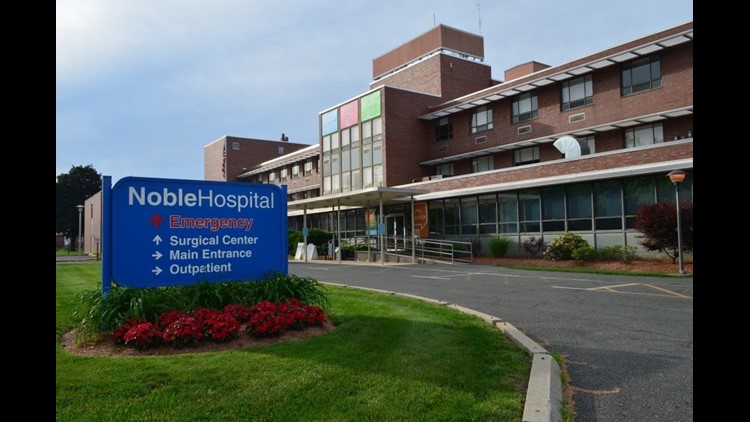WESTFIELD, Mass.–Baystate Noble Hospital is alerting patients to the possibility that they may have been exposed to blood-borne illnesses such as hepatitis and HIV.
Between June 11, 2012 and April 17, 2013 the hospital performed colonoscopies on 293 patients, but did not properly disinfect the colonoscopes after use. At that time, Noble Hospital was not part of the Baystate Health network, which it joined in July 2015.
“On behalf of Baystate Noble Hospital and Baystate Health, I apologize to all those affected by this failure in safety,” said Ronald Bryant, the hospital’s president. “The safety of our patients is our very highest priority, and we take full responsibility for our part in allowing these patients to have potentially received unsafe care.”
The issue arose after the hospital in Westfield, Massachusetts began using new colonoscopes, which had a different disinfection process thanthe one previously used instruments required. A failure in training led to an issue in which “the disinfection of those endoscopes between procedures did not adequately expose the devices’ single water irrigation channel to high-level disinfection during the last phase of cleaning.”
The hospital took steps to fix the issue in April 2013, but were not aware of the potential risk to patients until the Massachusetts Department of Public Health notified the hospital in December 2015.
The hospital sent out letters by certified overnight mail on January 20 to all patients. However, if you don’t get a letter and believe you may be at risk, you can call 413-794-8955.
If you get a letter, follow the directions included to get a screening at the hospital for hepatitis B, hepatitis C and HIV, which will be provided at no cost to the patient. Also, if you don’t have a way to get to the hospital, the team will help you either find transportation or make different arrangements to get screened.
The hospital says the risk to patients is very small, but they want to take every precaution.
Dr. Sarah Haessler, an infectious-disease doctor and Baystate’s head epidemiologist, said the risk of infection is low. “Due to the function of the water irrigation channel and the phase of disinfection at which the failure occurred, the risk to patients is very low. However, that risk is not zero, so we’re taking the necessary steps to address these issues and provide patients with the resources they need.”



